Foods to Avoid During Pregnancy:
Pregnancy is a life-changing journey, marked by joy, anticipation, and the need for mindful decisions—especially concerning diet. During these crucial months, a balanced, nutrient-rich diet can support the mother’s health and the baby’s development. However, not all foods are suitable during pregnancy, as some may pose risks, potentially impacting fetal growth or causing pregnancy complications. Understanding which foods to avoid during pregnancy can help ensure a healthy, safe, and enjoyable pregnancy journey.
This guide highlights ten common foods and beverages to avoid and offers choices, empowering expectant mothers with the knowledge to make safe dietary choices.
1. Raw or Undercooked Seafood
While seafood can be an excellent source of omega-3 fatty acids (essential for fetal brain and eye development), consuming it raw or undercooked during pregnancy can be risky. Popular raw seafood items like sushi, sashimi, oysters, and ceviche often harbor harmful bacteria, viruses, and parasites like salmonella, Vibrio, and listeria. These pathogens can lead to foodborne illnesses, which are especially dangerous for pregnant women, potentially resulting in miscarriage, premature delivery, or stillbirth.
Why Avoid It:
Pregnant women have weakened immune systems, making them more vulnerable to infections. Listeriosis, in particular, is known to cross the placenta and can infect the baby, causing serious health complications.
Safe Alternative:
Choose thoroughly cooked seafood instead, such as salmon, shrimp, or trout, which can be cooked to an internal temperature of 145°F (63°C). These fish provide vital nutrients without the associated risks of raw seafood.
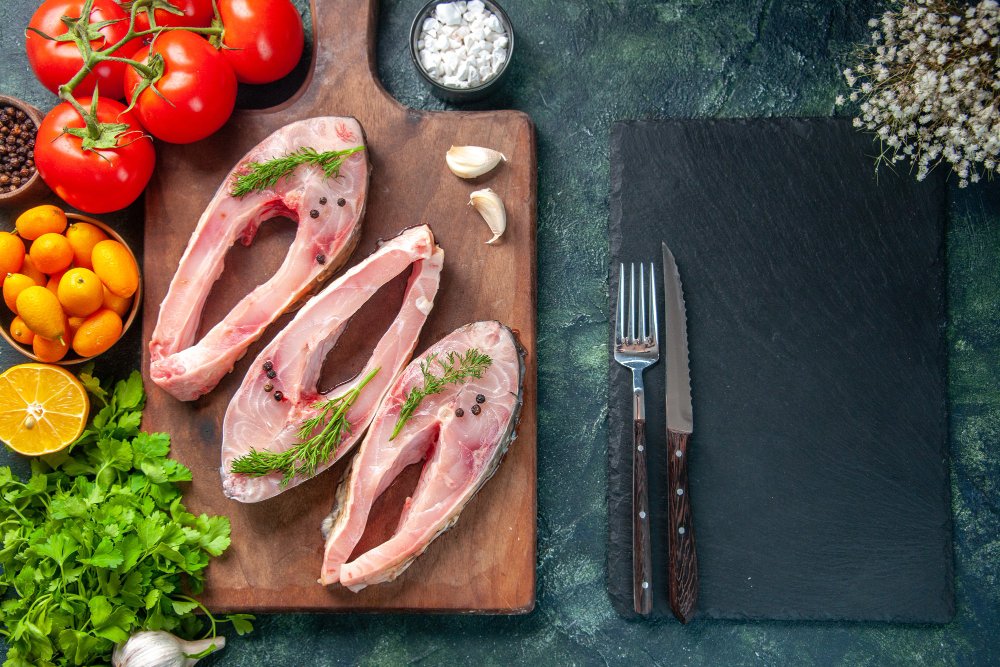
2. High-Mercury Fish
Mercury, a heavy metal found in certain fish, is harmful even in small quantities, particularly for developing babies. High levels of mercury consumption can interfere with fetal brain and nervous system development, potentially causing cognitive, motor, and developmental delays after birth. Common high-mercury fish include:
- King mackerel
- Shark
- Swordfish
- Tilefish
- Marlin
Why Avoid It:
Mercury builds up in fish tissue, particularly in larger, predatory fish, over time. The risks associated with mercury consumption include developmental delays, learning disabilities, and vision or hearing problems in children.
Safe Alternative:
Opt for fish with lower mercury levels, such as salmon, sardines, catfish, and trout. These fish are rich in omega-3 fatty acids and are safe to consume in moderation (about two servings per week).

3. Unpasteurized Dairy Products
Dairy products like milk, cheese, and yogurt are excellent sources of calcium and protein, crucial for fetal bone development and maternal health. However, unpasteurized dairy products carry the risk of containing harmful bacteria like listeria, salmonella, and E. coli, which can cause severe infections in both the mother and fetus. Soft cheeses made from unpasteurized milk—such as brie, camembert, and some blue cheeses—are best avoided.
Why Avoid It:
Listeriosis, caused by listeria, is rare but can have severe consequences for the unborn child, including preterm labor, miscarriage, and infections that can impact the baby’s organs.
Safe Alternative:
Choose pasteurized dairy products that are readily available at most stores. Pasteurization kills harmful bacteria, making items like hard cheeses, pasteurized milk, and commercially processed yogurt safe and nutritious for pregnant women.
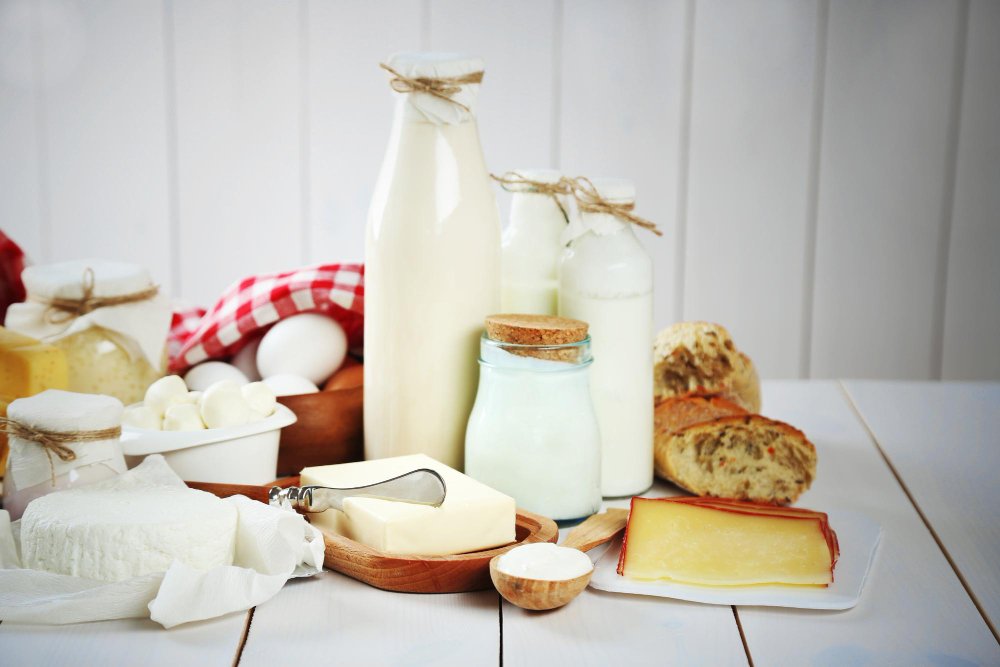
4. Deli Meats and Processed Meats
Deli meats, including ham, turkey, and roast beef, as well as processed meats like hot dogs, sausages, and salami, are common sources of bacteria such as listeria and salmonella. Pregnant women are more susceptible to infections like listeriosis, which can cross the placenta and lead to serious complications for the baby, including miscarriage or stillbirth.
Why Avoid It:
Unlike some bacteria, listeria can multiply even at refrigerator temperatures, making it particularly dangerous. Studies have shown that listeriosis in pregnant women can lead to severe, life-threatening health issues for newborns.
Safe Alternative:
If you enjoy deli meats, ensure they’re heated until steaming hot (to at least 165°F or 74°C), as the high temperature will kill most harmful bacteria. Alternatively, cook fresh poultry or meat slices at home to minimize the risks.
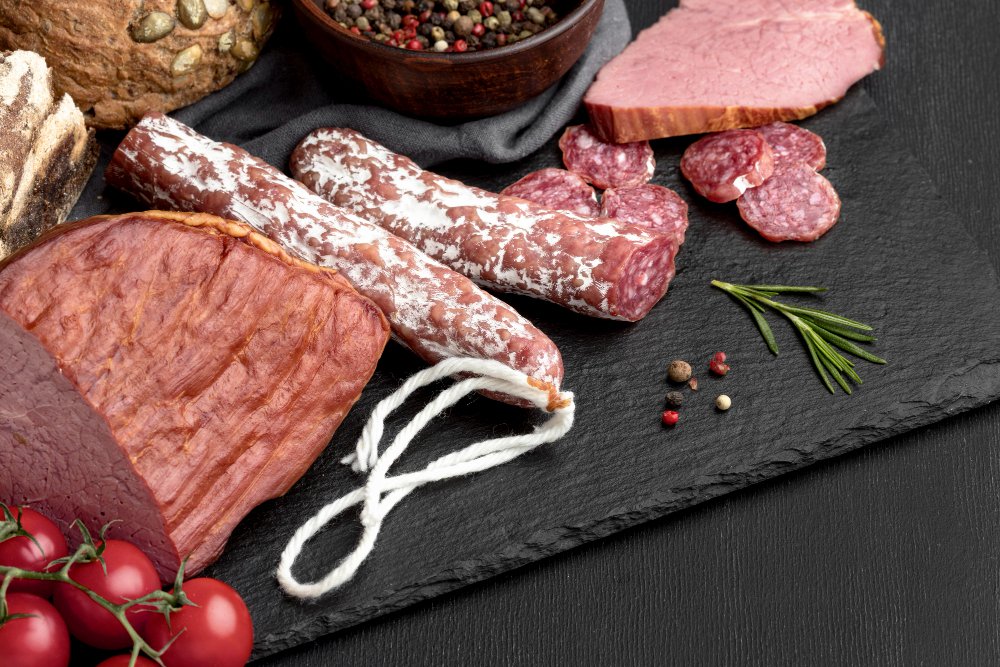
5. Raw or Partially Cooked Eggs
Eggs are rich in protein and essential nutrients like choline, which aids in brain development. However, raw or undercooked eggs pose a risk of salmonella contamination, which can cause food poisoning and symptoms like fever, nausea, and dehydration. Common foods that may contain raw eggs include homemade mayonnaise, Caesar salad dressing, custards, and raw cookie dough.
Why Avoid It:
Salmonella infection can be more intense during pregnancy, potentially leading to complications like severe dehydration, preterm labor, and, in rare cases, death.
Safe Alternative:
Additionally, pasteurized eggs are a safe choice for recipes requiring raw or partially cooked eggs, allowing you to enjoy dishes without the risk.
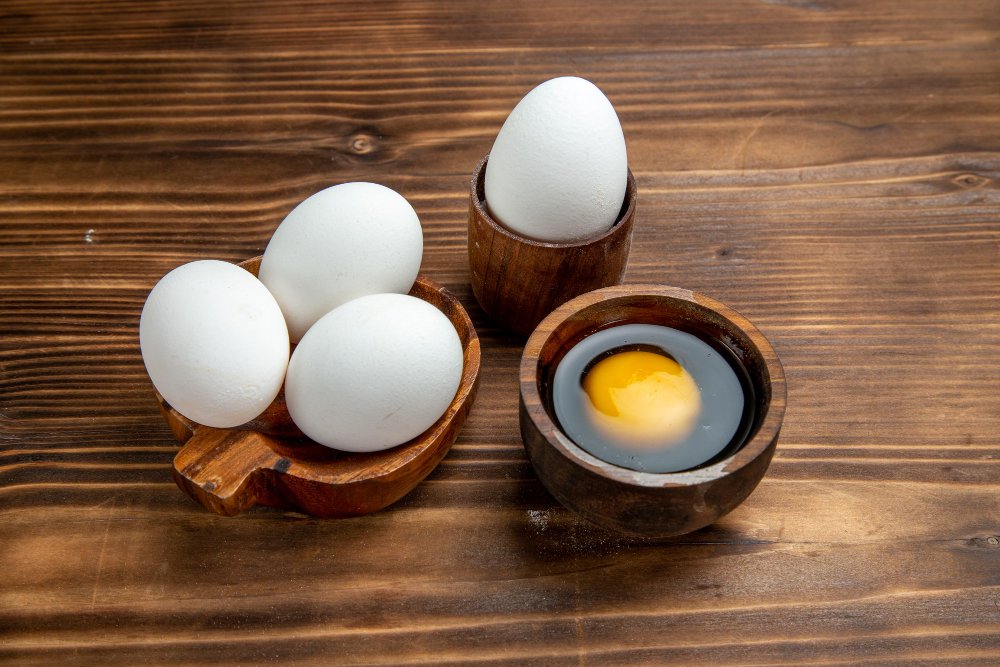
6. Caffeine
While moderate caffeine intake (around 200 mg per day, roughly equivalent to a 12-ounce cup of coffee) is considered safe, excessive caffeine consumption has been associated with an increased risk of miscarriage, low birth weight, and developmental issues.
Why Avoid It:
Caffeine crosses the placenta and can affect the baby’s heart rate and metabolism. Babies have a
limited ability to metabolize caffeine, which can lead to overstimulation.
Safe Alternative:
Choose decaffeinated coffee, herbal teas, or warm lemon water to satisfy cravings. Avoid energy drinks and caffeinated sodas, as they often contain more caffeine than a cup of coffee and other stimulants not safe for pregnancy.

7. Unwashed Fruits and Vegetables
Fruits and vegetables are vital components of a balanced diet, supplying antioxidants, vitamins, and fiber. However, they can harbor harmful bacteria and parasites like toxoplasma, which can be dangerous to pregnant women. Unwashed produce or vegetables grown in contaminated soil may expose you to toxoplasmosis, which can cause severe issues for the fetus.
Why Avoid It:
Toxoplasma gondii, a parasite found in contaminated produce and soil, can cross the placenta and result in fetal infections, leading to neurological and developmental delays or blindness.
Safe Alternative:
Always wash fruits and vegetables thoroughly under running water, even if you plan to peel them. For produce with tough skins, such as melons or cucumbers, scrubbing with a brush can further reduce risks.
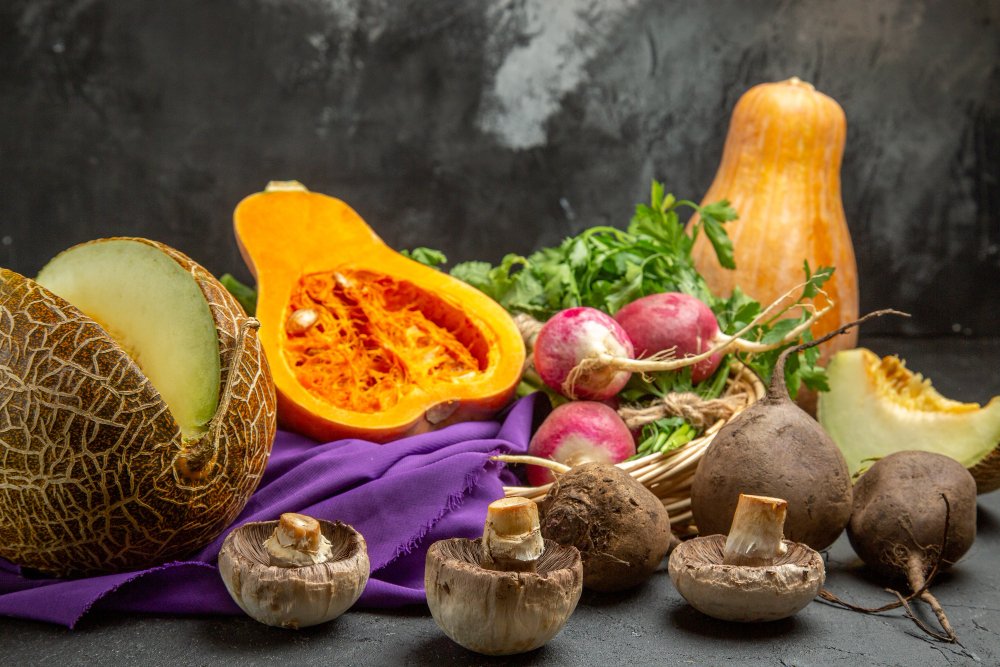
9. Alcohol
Alcohol can severely impact fetal development and lead to fetal alcohol spectrum disorders (FASDs), a range of physical, behavioral, and cognitive problems. It passes quickly through the placenta, directly affecting the fetus, which lacks the enzymes to break it down effectively.
Why Avoid It:
No amount of alcohol is considered safe during pregnancy, as even small amounts can potentially harm the fetus. Alcohol consumption during pregnancy is associated with birth defects, brain abnormalities, and developmental delays.
Safe Alternative:
Many non-alcoholic options can satisfy cravings for alcoholic beverages. Try sparkling water with fresh fruit, non-alcoholic cocktails, or a wide variety of herbal teas.

Conclusion: Making Safe Dietary Choices During Pregnancy
Pregnancy is a time of special dietary needs, and knowing which foods to avoid during pregnancy can help reduce risks to both mother and baby. While it’s important to avoid certain raw, undercooked, or high-toxin foods, pregnant women should focus on a diverse, nutrient-dense diet that meets their nutritional needs. Consulting a healthcare provider for personalized advice can further ensure that each dietary choice is safe and supportive of a healthy pregnancy.
Discover amazing information and unique finds on FuseBay! Don’t miss out—must visit our website for exclusive articles and top-notch blogs tailored just for you!







